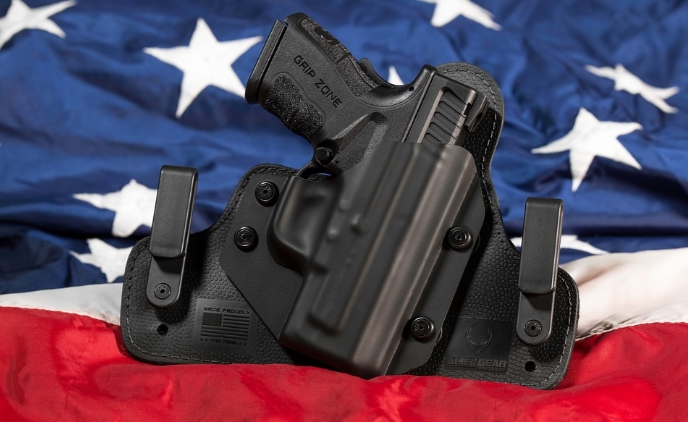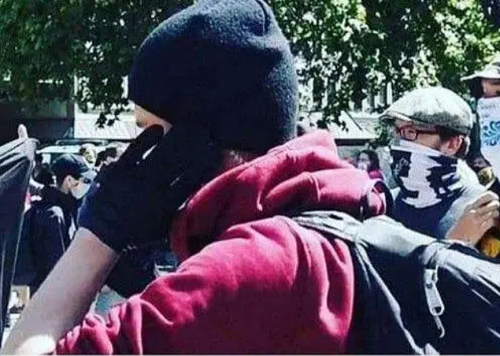Georgia university reports drop in crime after legalizing campus carry
05/16/2021 / By Cassie B.

If you listen to the left and the mainstream media, you might believe that greater access to guns means a higher rate of firearm-related crime. Those who are trying to prevent Americans from exercising their right to bear arms often claim that more guns mean more crime. However, the data from several universities that have recently legalized concealed carry on their campuses paints a different picture.
All of the universities contacted by The College Fix in the seven states where state legislatures have allowed concealed carry on the grounds of public universities reported no increase in violent crime since the laws were enacted, and at least one has noted a drop in several types of nonviolent crimes – but you won’t hear about that in the mainstream media.
The states where concealed guns are allowed on campus by law are Texas, Kansas, Colorado, Utah, Idaho, Arkansas and Georgia. Meanwhile, in states like Wisconsin, Ohio, Tennessee, Mississippi and Oregon, concealed guns are permitted by law, but schools can limit who carries guns and where.
Valdosta State University in Georgia has reported a drop in crime since campus carry was legalized in 2017. The law enables anyone who holds a valid Georgia Weapons Carry License to carry a concealed handgun on any property that is owned or leased by public universities and colleges, with just a few exceptions.
In the school’s Annual Security and Fire Safety Report for 2019, cases of on-campus sexual assault dropped from 3 in 2016 before the campus carry law was passed to zero in 2018. During the same time period, aggravated assault cases fell by half. On-campus burglaries, meanwhile, dropped from 11 in 2016 to five in 2018. The campus also saw a drop in overall instances of rape, falling from six in 2016 to two in 2017 and 2018.
More guns are not leading to more crime on campuses across America
While no one can say for certain whether or not campus carry rule changes led to a direct drop in assault and robbery, the takeaway here is that cases did not rise as many anti-gun proponents claim will happen when people are allowed to carry weapons.
Meanwhile, at Emporia State University in Kansas, there has been a zero percent change in violent crime since the Kansas Personal and Family Protection Act’s exemption for universities that prohibited concealed carry on campus expired in 2017. This means that anyone aged 21 or over who is legally allowed to possess a concealed handgun may do so on university grounds.
According to campus spokeswoman Gwen Larson, there was no gun violence before the law changed, and none has been seen since that time, either. She points out that it is hard to say how many more students began carrying weapons when the law changed because of the difficulties involved in tracking people who are carrying concealed firearms and Kansas laws that prohibit making inquiries about who might be carrying.
A university where concealed carry has been allowed for almost 15 years has also reported no increase in gun-related injuries or murders since guns were allowed on campus. At Dixie State University in Utah, the campus’s chief of police said they were not aware of any concerns related to concealed carry permit holders among staff or students, nor have there been any increases in reports of firearms on campus or gun violence.
It is clear that campus carry does not lead to more crime, so it makes no sense that people in areas where concealed carry is not allowed are being deprived of the ability to defend themselves should a robber, murderer or rapist attempt to cause them harm.
Sources for this article include:
Submit a correction >>
Tagged Under:
concealed carry, crime, gun violence, guns, Liberty, Second Amendment, self-defense, shootings, universities, violence
This article may contain statements that reflect the opinion of the author
RECENT NEWS & ARTICLES
COPYRIGHT © 2017 PATRIOT NEWS





















